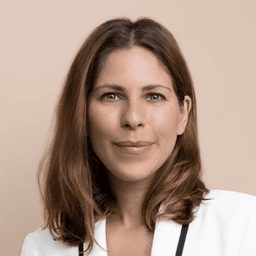Bone broth is a trendy health elixir you’ve likely heard all about, but did you know there are other foods that boost collagen (in case “beef” is not your favorite beverage flavor)?
Here’s why it matters: Collagen is a protein in the body that makes up joint-supporting connective tissues, is responsible for skin elasticity (AKA wrinkle defender), and helps maintain the lining of the digestive tract. In other words, it’s really important.
The body makes collagen on its own, but production slows down as you get older (no, surprise there), so getting some in your diet is a good idea to make up for a potential deficit.
The problem is that it’s really only found in animal skin and bones, hence the popularity of bone broth. Bone broth, however, is not that easy to find, and making it at home requires…well…bones. Not to mention hours upon hours of simmering.
You can also now buy collagen as powder to add to smoothies (although there are conflicting opinions on how much value you get from this method because of the way the body has to break down and rebuild the protein).
There’s one other tactic: eating foods that boost collagen. These foods don’t contain the protein itself, but they deliver nutrients your body uses to make it. It’s like if your body were a bread factory that kept running out of ingredients, so you sent it a bunch of flour and sugar and yeast to help it out.

